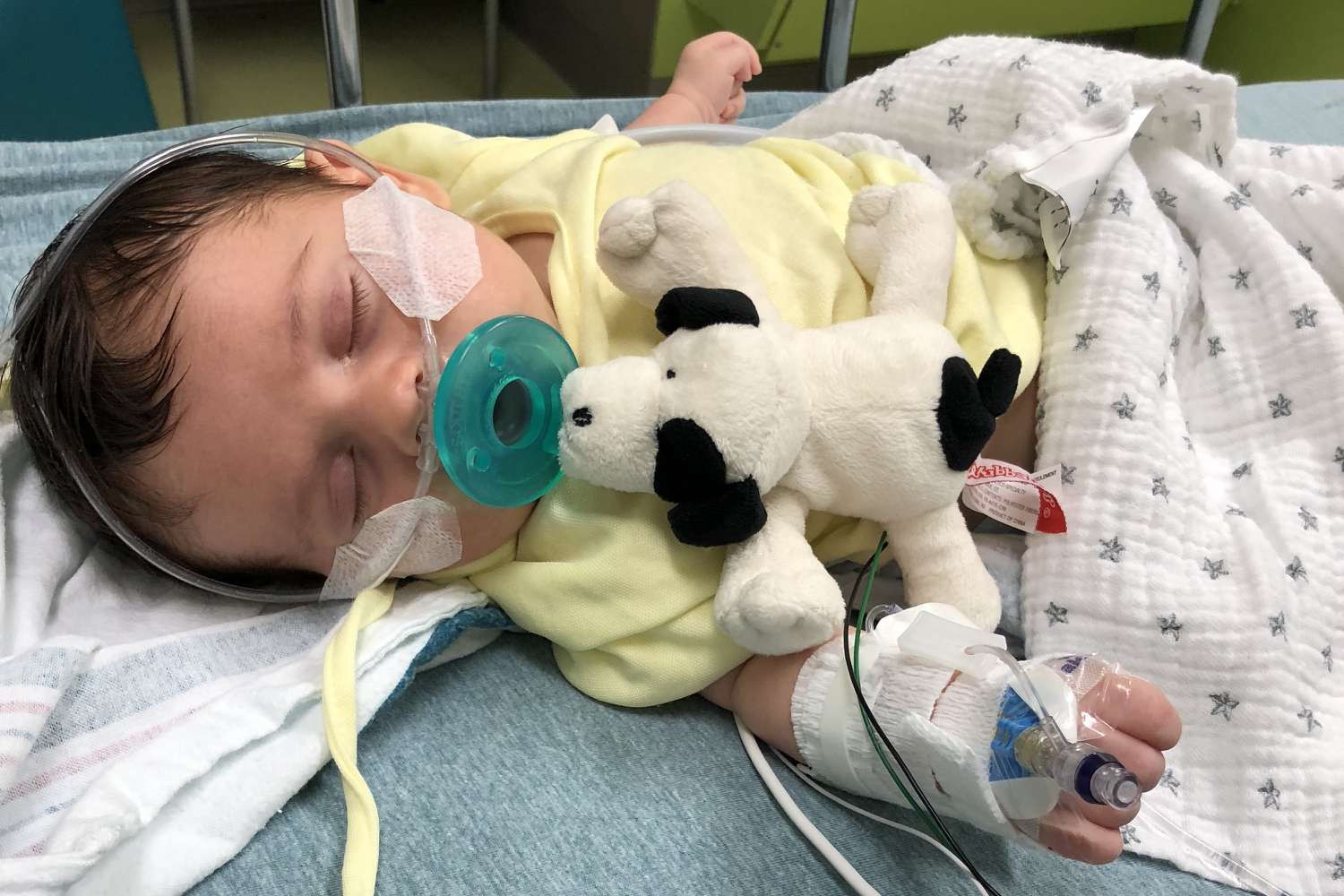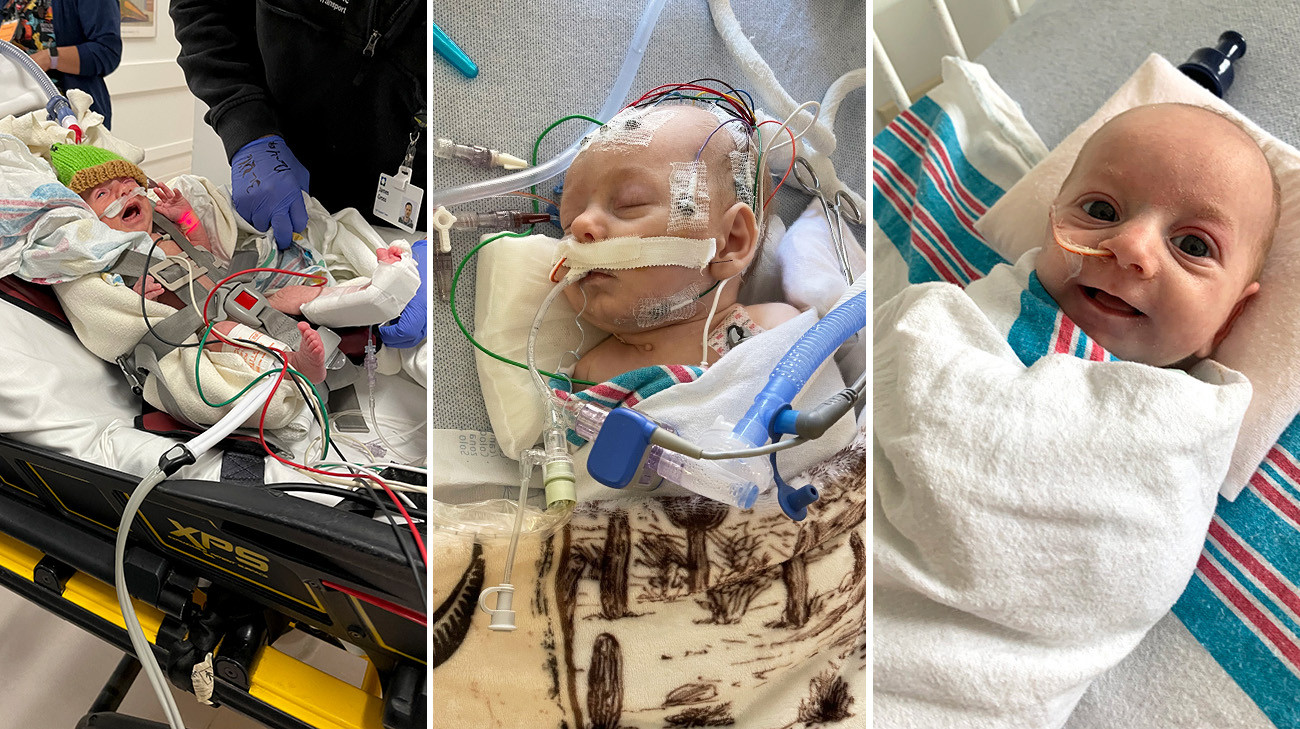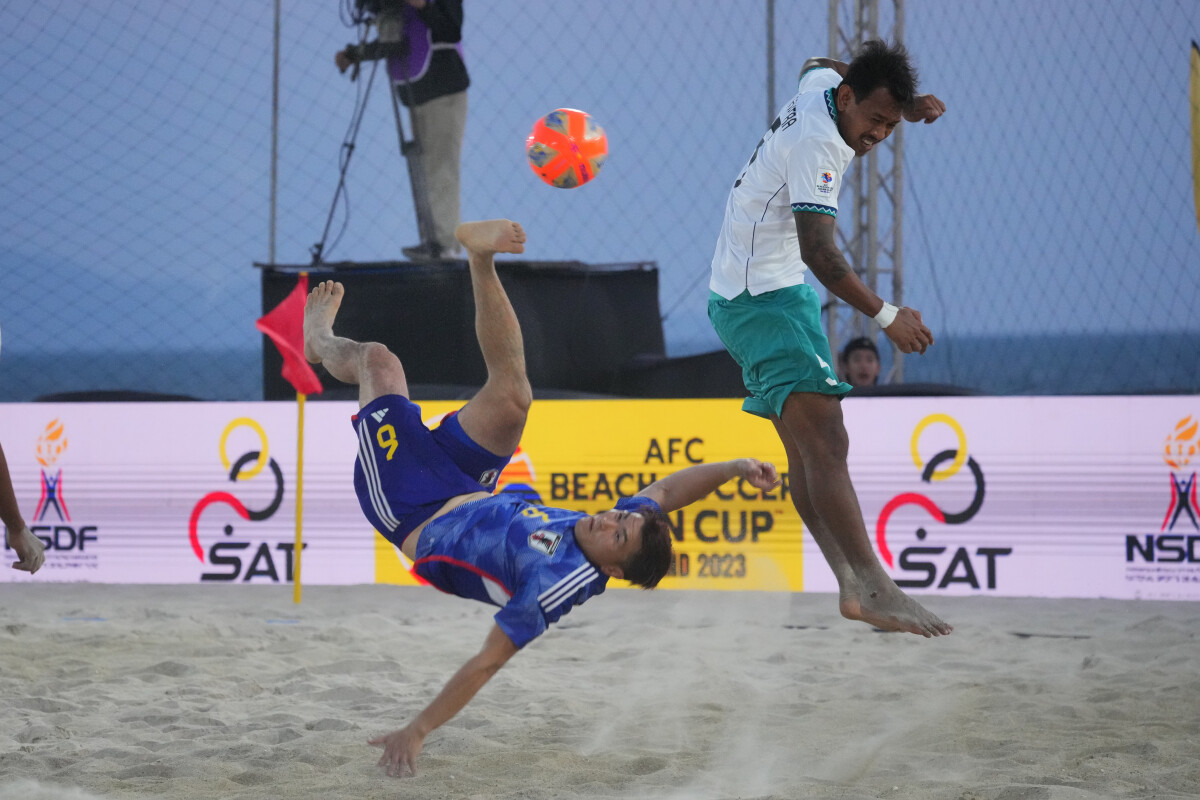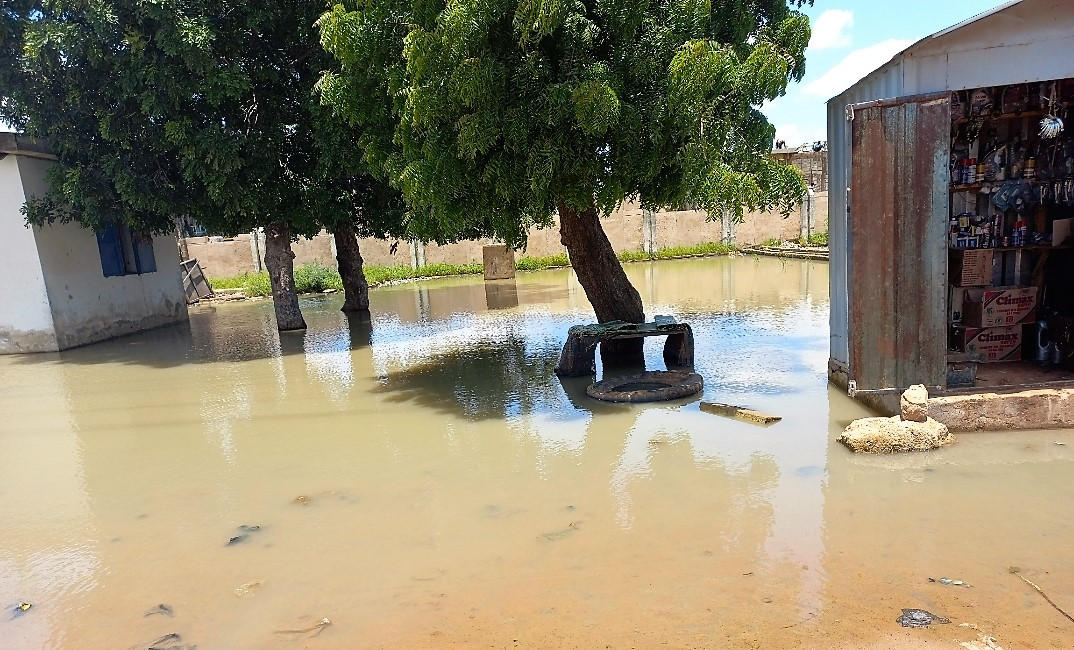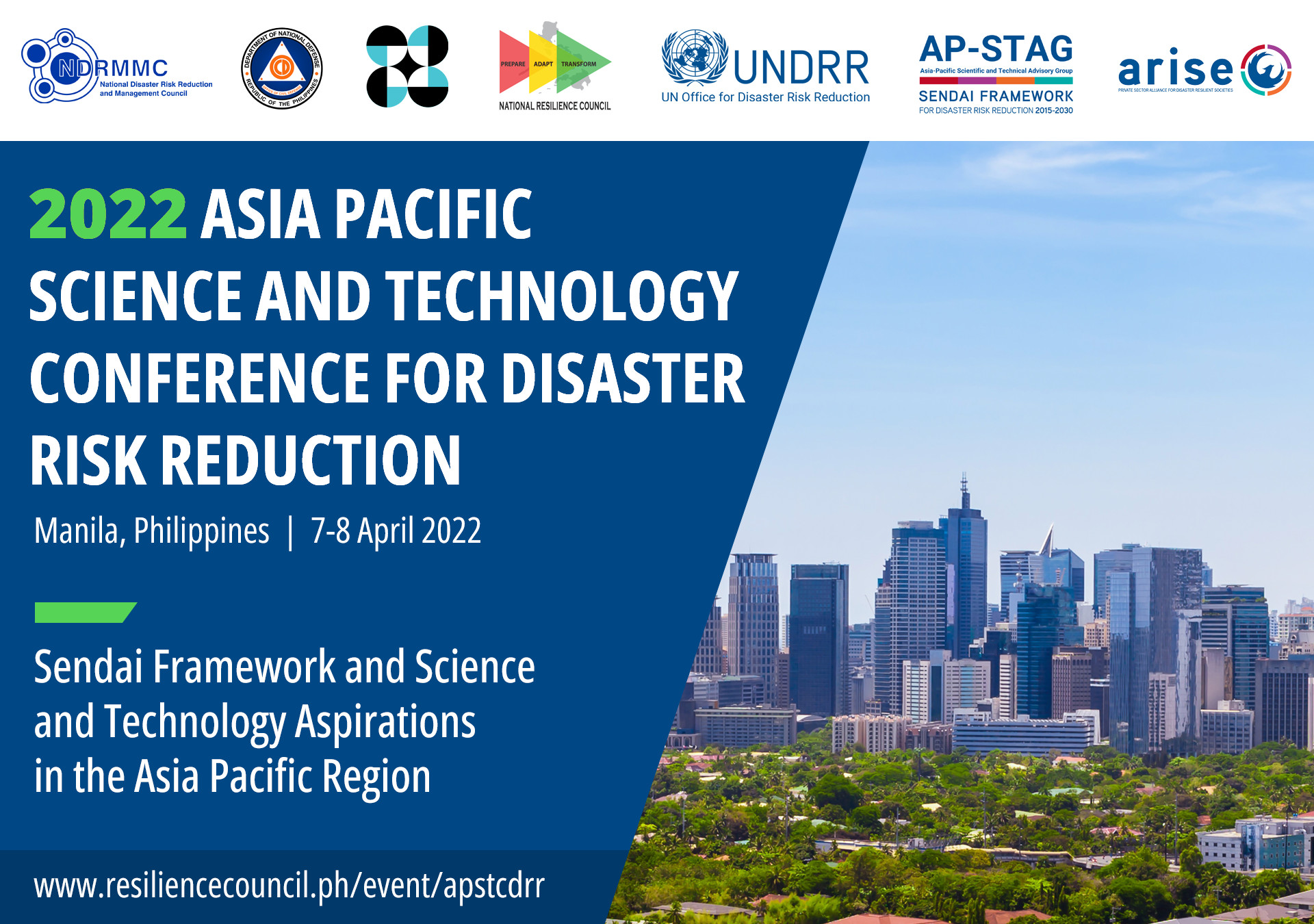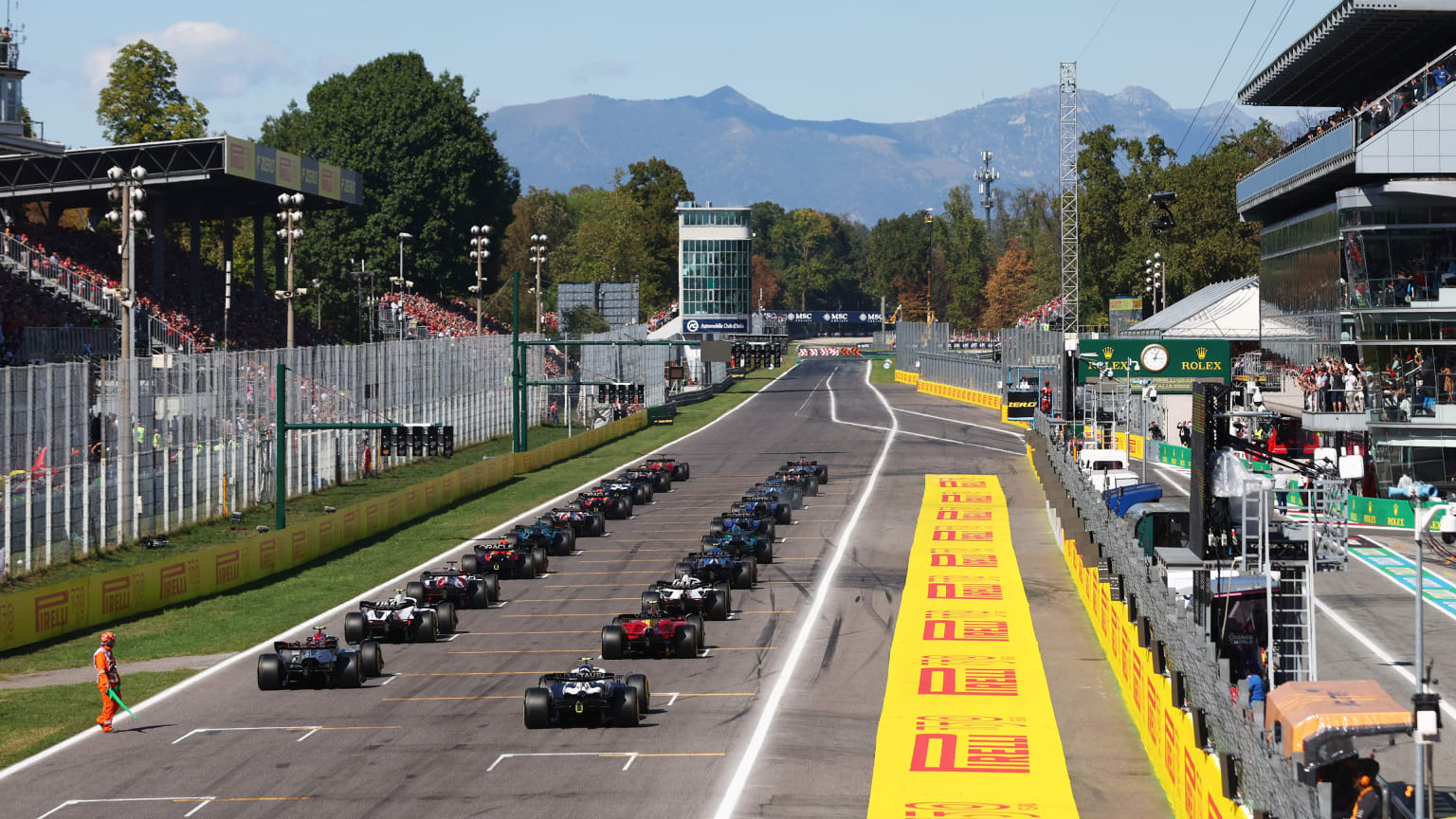A new HSE immunisation programme to protect newborn babies against respiratory syncytial virus (RSV) will be available over the coming days. Babies born between September 1st, 2024 and February 28th, 2025 will be offered a new monoclonal antibody immunisation, which is the best way to protect against RSV, the HSE said.
RSV is a common virus that causes respiratory infections in young babies and the risk of severe infection is highest in the youngest infants, especially those born during the RSV season, according to the director of the HSE national health protection office, Dr Éamonn O’Moore.
“Each winter in Ireland one in two newborn babies will get RSV and many will need medical care from their GP or the emergency department of a children’s hospital,” Dr O’Moore said.
“Four out of 100 newborn babies are hospitalised due to RSV, with some babies needing special treatment in intensive care units.
“This new programme will protect babies immediately after birth as it is being offered free of charge to all newborns in every maternity hospital in Ireland before they are discharged home. I would urge parents of all babies born in this period to take up the offer when the programme begins in September.”
The RSV Immunisation: A Game-Changer?
The immunisation – nirsevimab – is recommended by the HSE and the National Immunisation Advisory Committee (NIAC), for all infants born in Ireland and has been approved by the European Medicines Agency. Nirsevimab starts working as soon as the baby receives the injection and protects against RSV for 150 days, covering the very early period in a baby’s life when they are most vulnerable to serious RSV related illness, the HSE added.
“The programme is initially being rolled out as a ‘path finder’ initiative which is designed to explore and establish innovative approaches to improving health outcomes within a community or population,” Dr O’Moore said.
“Such programmes often serve as pilots or models that can be scaled up and replicated in other settings.”
The HSE said as well as protecting young babies against serious illness, the immunisation programme will help safeguard “vital hospital paediatric services during the very busy winter months” by limiting preventable admissions caused by RSV related illness. Based on evidence from a similar programme implemented in Spain, it is estimated that the infant RSV programme in Ireland will lead to the avoidance of up to 453 hospitalisations and up to 48 ICU admissions.
Passive Immunisation: How It Works
Explaining the nature of the programme, the HSE says nirsevimab is an antibody that provides direct protection against RSV to the new born baby. This is known as passive immunisation and differs from active immunisation where a vaccine stimulates the baby’s own immune system to mount an immune response.
The Health Information and Quality Authority (Hiqa) said recently that extending RSV immunisation would come with “substantial organisational challenges”. According to Hiqa’s costing analysis, the estimated one-year cost to the HSE of immunising infants during their first RSV season ranged from €3.9 million to €19 million depending on the approach taken. These costs would be partially offset by the fact that fewer infants would require hospital care.
A Wider RSV Vaccination Strategy: Not Just for Newborns
The NHS in England has also announced a new RSV vaccination programme, aimed at protecting newborns and older adults. The programme, launching this autumn, could prevent 5,000 hospitalisations and 15,000 emergency department attendances for infants. The NHS in England will be offering COVID, flu and RSV vaccinations to keep those most at risk from being unwell protected over the winter months. Pregnant women over 28 weeks will be offered the vaccine to help protect their newborn babies and a routine programme for those aged 75 to 79 years of age will also be implemented.
In Northern Ireland, the Public Health Agency (PHA) has also launched a new RSV vaccination programme aimed at protecting newborns and older adults. The PHA is encouraging those eligible to get vaccinated when invited. The PHA has stated that the RSV vaccination programme is another significant step in protecting the population of Northern Ireland against preventable diseases. They encourage eligible individuals to get vaccinated for their own protection, or for the protection of their newborn babies. The RSV vaccine will also be offered to those aged 75 to 79 years of age as part of the ‘catch up’ programme.
Protecting the Vulnerable: A Global Effort
These initiatives highlight the growing global recognition of the importance of RSV vaccination, particularly for vulnerable populations like newborns and older adults. The new RSV vaccine is part of a wider effort to protect against respiratory illnesses and reduce the burden on healthcare systems during winter. It is a positive step towards ensuring that individuals have the best possible protection against RSV infection, particularly those at highest risk.
A New Era of Protection: The Future of RSV Vaccination
The introduction of these new RSV vaccination programmes marks a significant milestone in the fight against respiratory illnesses. As research continues and further advancements are made in the field of RSV vaccination, we can expect to see even more comprehensive and effective strategies in the future. With the combined efforts of healthcare professionals, policymakers, and the public, we can work together to create a healthier and safer future for all.




